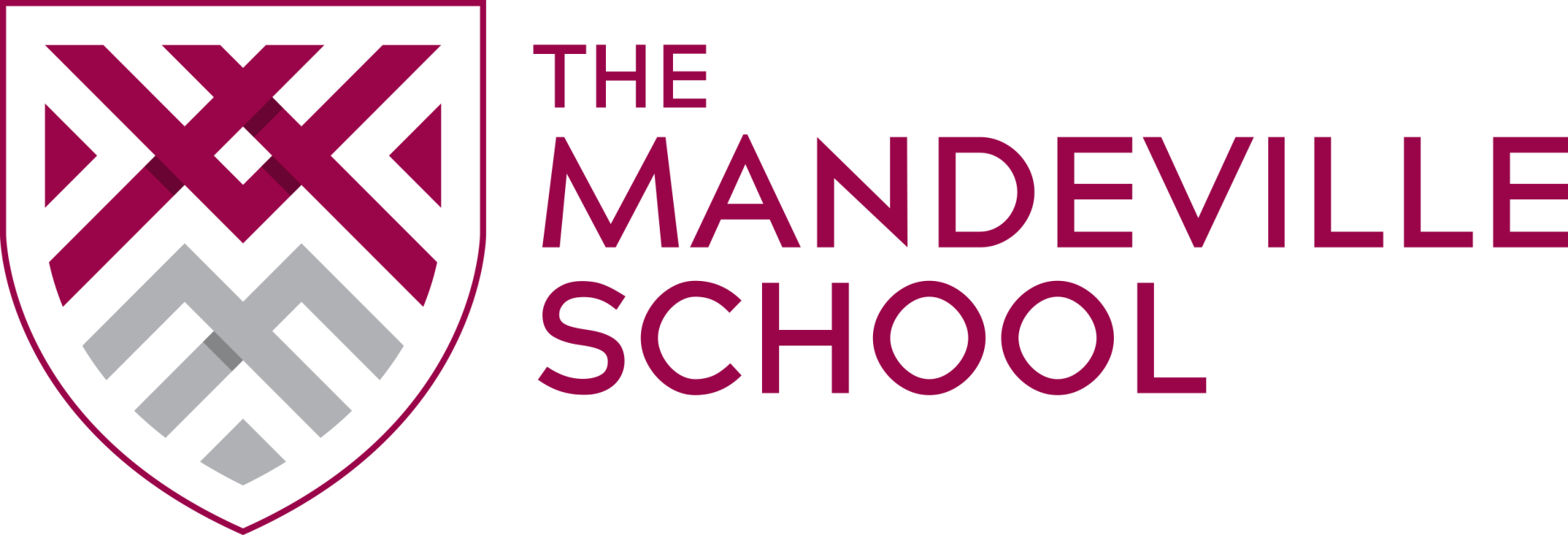History
Intent and Rationale:
“Whether you like it or not, history is on our side” – Nikita Khrushchev
History is written by the winner and as such it is important that historians collect all available evidence and challenge these accounts.
The intention at Key stage 3 is to encourage pupils to always question different versions of the past. To develop critical analysis skills based on using historical evidence. We believe that our pupils can become historians, who view history as a voyage of discovery and not simply a fixed narrative.
It is vital that pupils understand Historical events are perceived differently and that people bring with them preconceptions. Even academic historians disagree, take sides or place their own emphasis on key elements of history. We believe that pupils at The Mandeville School deserve to be heard in this conversation. The teaching of the subject through the study of historical eras allows learning to include a variety of point of views and cultures with all pupils exposed to and encouraged to actively listen to those who have alternative points of view. In this way, pupils can develop an in-depth understanding of both their own identity and that of others. The purpose of hearing a variety of points of view is not simply to allow for difference but to fully investigate the reasons and motivation of those who hold these points of view. Pupils will succeed when they are empowered to become part of this debate and know that their voice is important. They succeed when they play their part rather than sit as bystanders as history plays out around us.
Each period of time creates the opportunity to develop second-order concept that foster pupils’ critical thinking. These are transferable and are not only vital to achieve as pupils study history at GCSE and beyond but are also fundamental to the workplace and the study of other subjects.
Similarities and differences – This skill encourages pupils to appreciate the variety of experiences in order to unpick generalisations and stereotypes.
Change and continuity – This skill enables pupils to analyse trends and turning points over time and examine the varying pace, direction, reception, extent and nature of changes.
Cause and consequence – This skill enables pupils to examine the conditions that made some events possible and the outcome of these events.
Significance – This skill encourages pupils to understand how the importance of these events has changed in time depending on the perspective from which that event is subsequently viewed.
Sources and interpretations – Pupils will know how and why history is written the way it is. This will in turn equip them to discriminate between conflicting claims about the past.
The Key Stage 4 History curriculum builds on the skills our pupils acquire through Key Stage 3.
History GCSE is a well-respected, facilitating subject which builds up transferable skills which are useful in a range of careers. Examples of this include critical analysis and persuasive judgement skills that enables our pupils to convince others that their viewpoint is valid.
The GCSE allows for intentional practice of the historical skills that have been introduced at Key Stage 3 and mastering these. The variety of topics chosen ensures that a wide breadth of history is addressed both spatially and temporally.
The Key Stage 4 curriculum focuses on the provision of knowledge and challenging pupils. Our curriculum is one in which knowledge is not merely encountered but comprehended and remembered. This is ensured through consistent application of retrieval practice principles and by enabling pupils to be equipped with the language to engage with topics in a meaningful way. This helps pupils to clearly demonstrate their understanding of the subject and to apply second-order concepts in new contexts in order to best achieve in the national examinations and maximise success. We understand that success in the GCSE exam is a gateway to further study and facilitate this through quality first teaching.
Learning Journeys
Curriculum Maps
Year 11 Revision Resources







